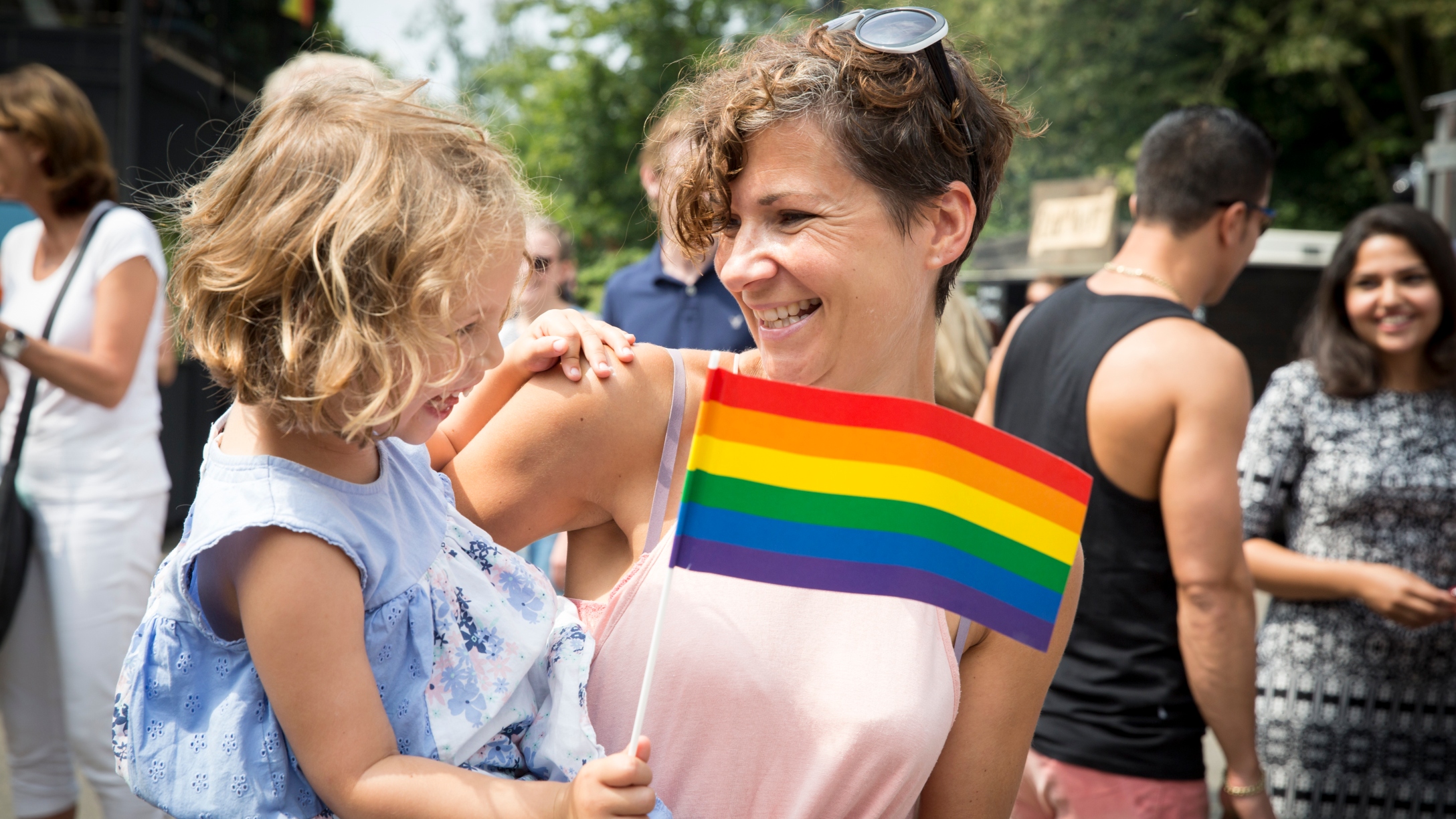
Coming out can be the best or the worst day in a person's life. Some of that depends on how the person in question feels about coming out in the first place, the circumstances that surround their announcement, and, of course, whether or not they are supported after coming out.
Ideally, people are able to come out to people they trust. There are a lot of big ways that a parent or caregiver can support their child when they come out — just like there are a lot of big ways a parent or caregiver can fail their child when they come out, too.
More from LittleThings: These Middle Grade And Young Adult Novels Celebrate And Center LGBTQIA Stories
This can also be true for friends of the family who know and love the child in question.
How to support a child after they come out

If a child you know and love has recently come out, you are probably excited about showing that child just how much you still love them. At least, that's the hope. Unfortunately, we know that many people are out with family members and friends of the family who condemn them, which can make it challenging and even scary to have come out at all.
When children come out, they need as much support as they can get, and that support can come in a lot of ways.
Supporting an LGBTQ+ child whose parents are affirming
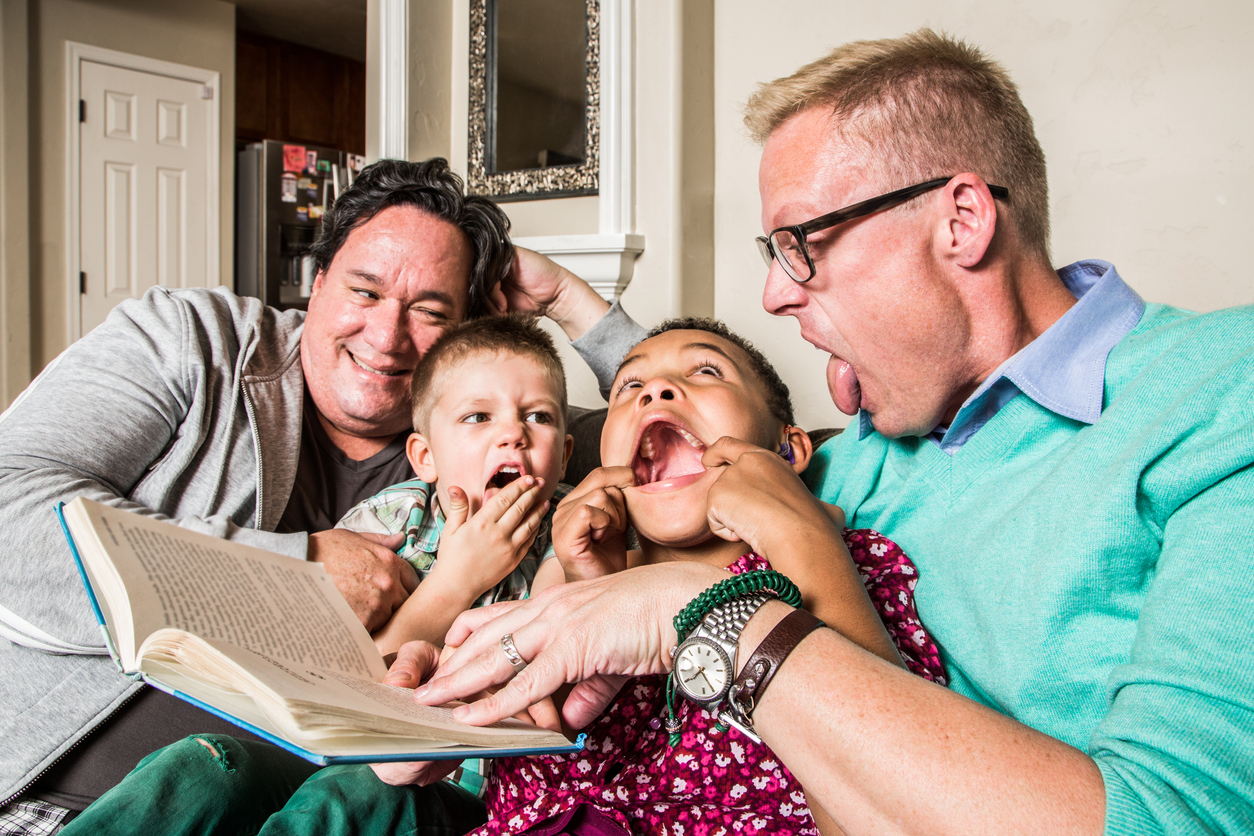
If your friend's child comes out, their parents are super affirming, and you want to jump in on the celebration, that's great! There are plenty of ways you can do that. First, it's good to learn more about what and who the LGBTQ+ community really is. While it's a neat and tidy little acronym, those letters stand for million of people who are living their lives.
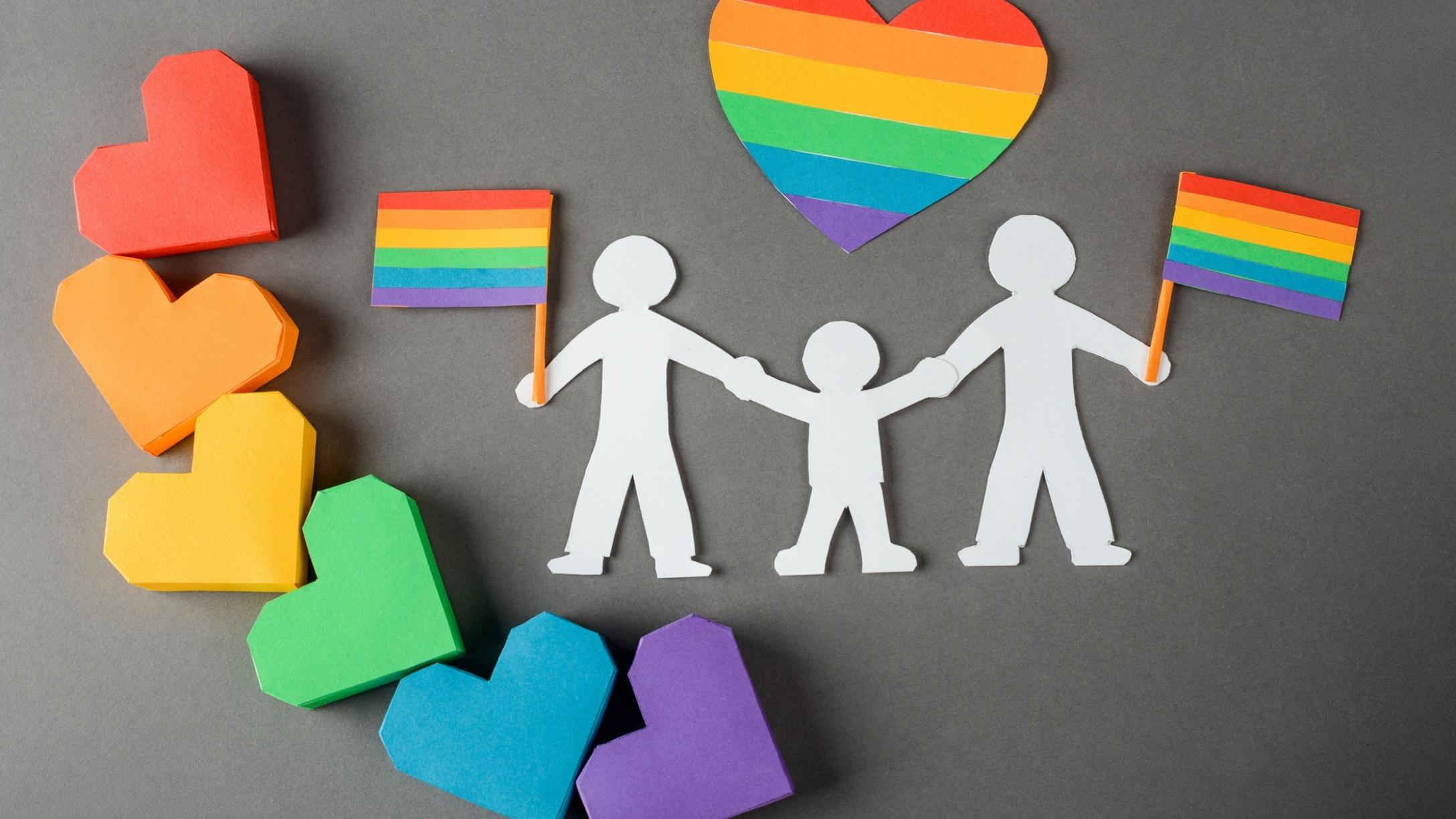
It might be tempting to rush over to your friend's house and high five or hug their child as soon as you hear the news, but keep something huge in mind: just because a child is out to their family, and just because that family has told you, doesn't mean that child is ready to be out to you. Double check with your friend first that their child is OK with you knowing they're out before you do anything.

After that, once the child in question has confirmed that they trust you with this truly huge news, get ready to celebrate however that child wants to. Maybe it's a quick fist bump or a hug, maybe it's an ice cream treat the next time you guys hang out. Maybe it's something else entirely! A great way to show you support someone is to celebrate them. Just make sure you don't go over the top — not every child or teen wants a big fuss made about them.
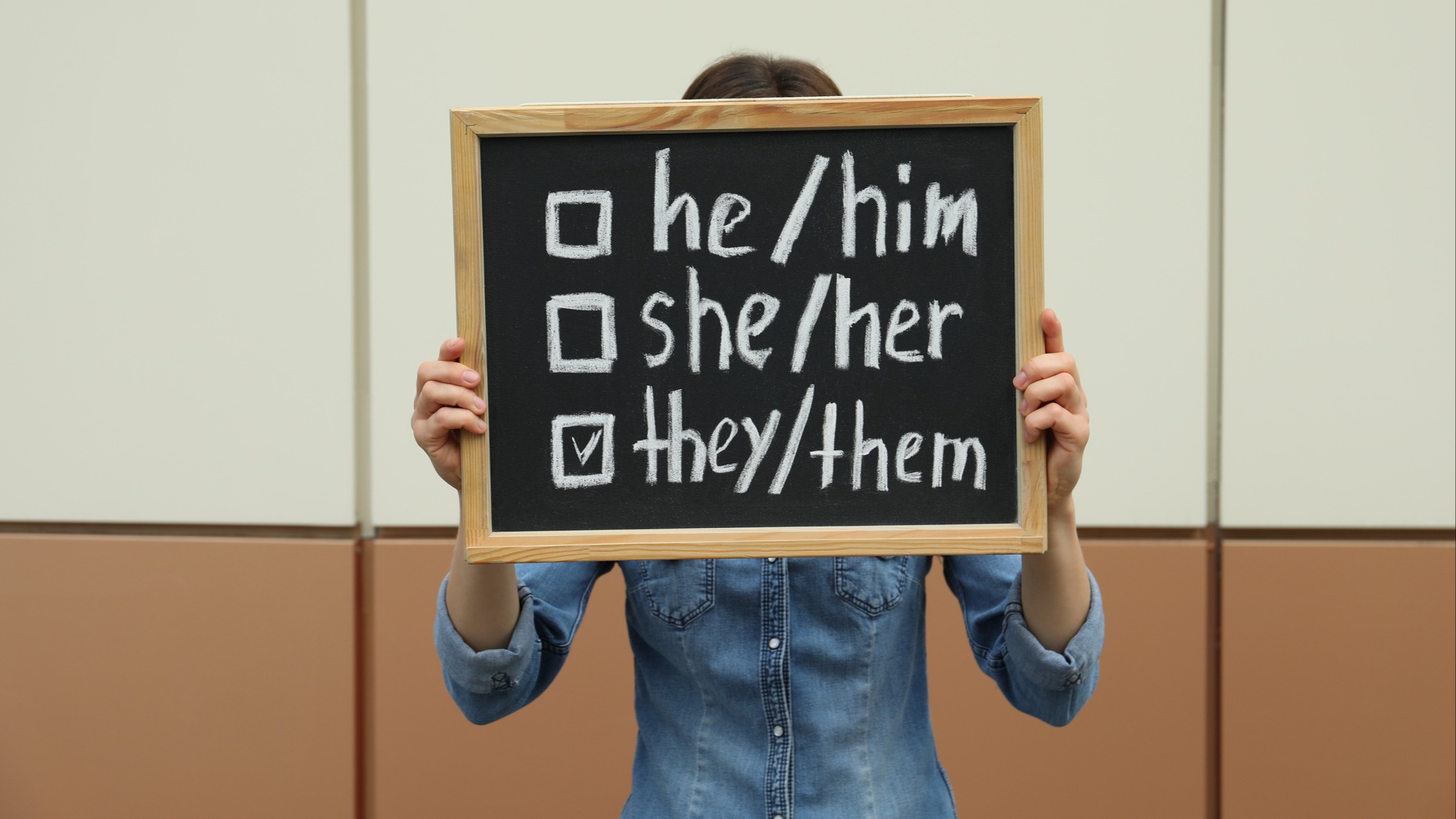
Another way you can show your child's friend that you support them is by asking a few questions. For starters, have their pronouns changed? If so, what are they? Are they ready for everyone in their lives to know these pronouns, or should they only be used around certain individuals?
Supporting a LGBTQ+ child whose parents are not affirming

Sometimes, parents of children who come out aren't supportive or affirming of their children's identities. That can be extremely distressing for the child in question; it can feel like they've lost their entire world just by opening up about who they are. If you know a child whose parents aren't supportive of who the child is, there are still ways you can show your own support.
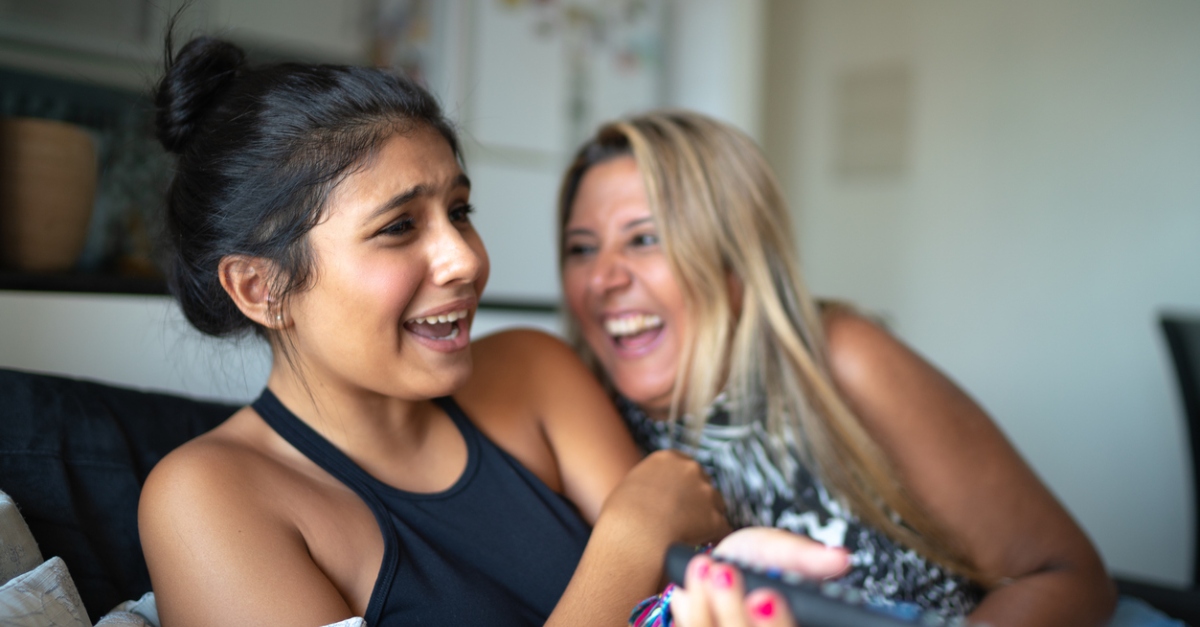
Most kids want the approval of their parents. Finding out that they won't receive it, especially when it's because they're just being open about who they've always been, can be truly devastating. One thing you can do for a friend's child who has parents who refuse to affirm their sexuality and/or identity is show up and support that child instead.

Something else you can do is work on the parent in question. This person is your friend, and there might be some way you can get through to them. After all, this is about their child, a person who should be more important than anyone else. It's possible that it would be some of the best work you could do.
At Wild Sky Media, we recognize that not all pregnancies and parenting journeys look the same. That’s why across all our sites — CafeMom, LittleThings, Mom.com, and MamásLatinas — we are committed to using inclusive language as much as possible, recognizing that all forms of parenting are valid and celebrating the shared experiences and unique differences among moms, dads, nonbinary and noncisgender parents, and all forms of caregivers.







